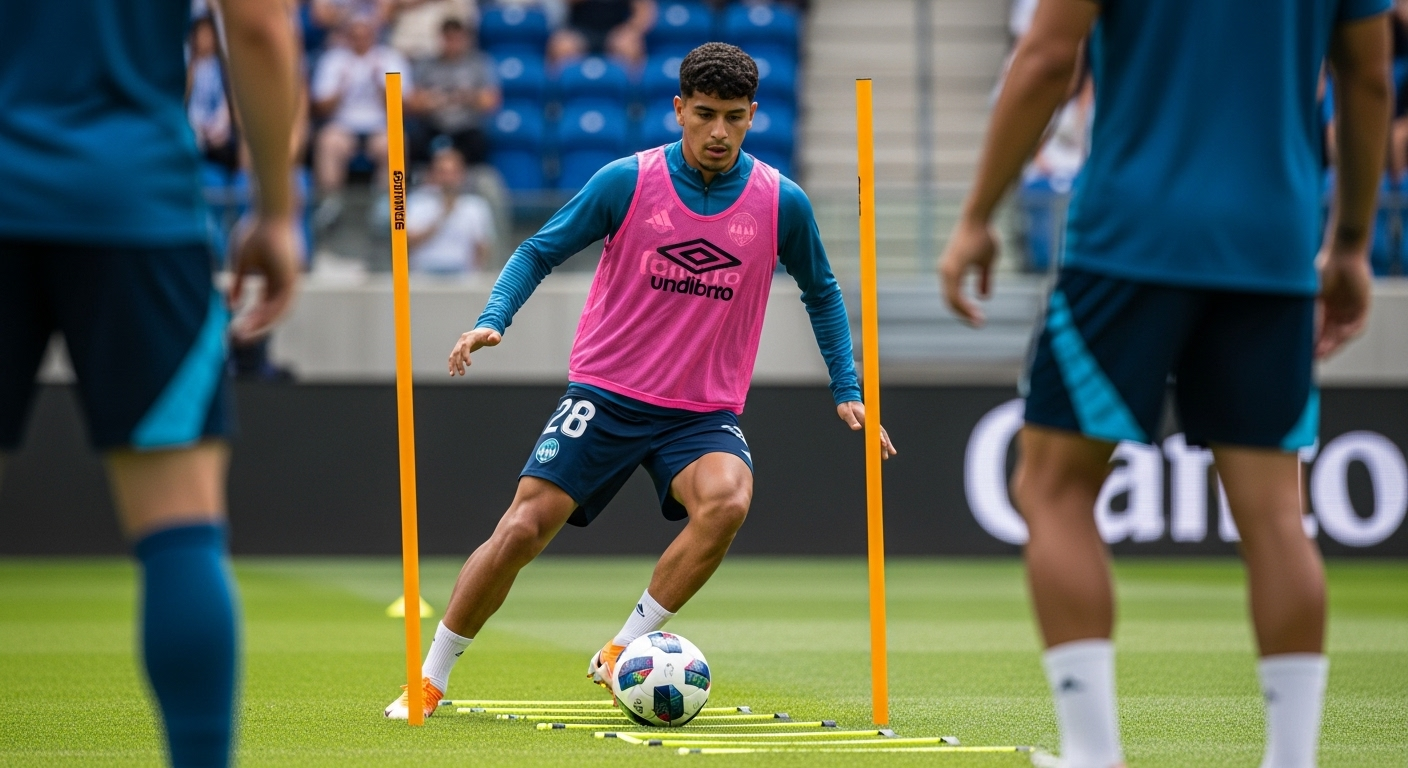Football coaching: principles, training, and education
Football coaching is the structured process of helping players and teams develop the technical skills, tactical understanding, physical conditioning, and mental resilience needed to perform in matches and competitions. Good coaching balances clear session planning, safe practices, and continuous evaluation so players progress over weeks, months, and seasons. Whether working with youth, amateur, or semi‑professional players, coaches act as educators, mentors, and managers, adapting methods to age, ability, and context while promoting fair play and player welfare.

What is football coaching?
Football coaching covers the range of activities a coach uses to teach individuals and teams how to play more effectively. This includes demonstrating techniques (passing, shooting, tackling), designing tactical patterns (pressing, build‑up), and preparing a match plan. Coaches also manage training schedules, communicate feedback, and assess performance with video or metrics. Beyond on‑field tasks, the role often involves liaising with parents, medical staff, and administrators, especially in club or school settings where safeguarding and welfare are essential.
How does coaching shape sports performance?
Coaching shapes sports performance by integrating technical, tactical, physical, and psychological elements into a coherent program. Technical drills improve execution; tactical sessions build decision‑making and team structure; conditioning work increases stamina and speed; and mental coaching enhances focus and resilience. Effective coaches use periodization to vary intensity and workload, monitor recovery to reduce injury risk, and use objective data (timed sprints, GPS, or simple testing) to track improvement. The aim is consistent, measurable progress rather than short‑term gains.
What does effective training involve?
Effective training begins with clear session objectives: what skill or tactical idea should improve by the end of the session? Progressions move players from simple drills to more game‑like scenarios, maintaining high engagement and decision‑making demands. Warm‑ups and cool‑downs, injury prevention exercises, and individualized adjustments for different fitness levels are standard. Feedback should be specific and actionable, using demonstrations, guided discovery, or video review. Incorporating small‑sided games increases touches, accelerates learning, and fosters competitive habits in a controlled environment.
How does education support coaches?
Coach education combines formal qualifications, continuing professional development (CPD), and practical mentoring. National associations and clubs often offer tiered certificates that cover coaching theory, physiology, safeguarding, and first aid. CPD workshops, online courses, and peer observation help coaches update methods and adapt to rule or technology changes. Mentoring and reflective practice—reviewing sessions, seeking feedback from peers, and attending coaching forums—reinforce learning. Education also emphasizes ethical duties: player welfare, anti‑discrimination, and safeguarding policies that protect minors and vulnerable participants.
How to find local football coaching services?
When looking for local services, search for clubs, community centers, or schools that advertise coaching programs for the age group and skill level you want. Check credentials: formal coaching certificates, insurance, child‑protection policies, and references from other parents or players. Observe a session where possible to assess coach‑to‑player ratio, the coaching style, safety practices, and how feedback is delivered. Trial or introductory sessions can reveal whether the environment matches development goals. For adults, look for specialized training (position‑specific, strength and conditioning) if needed.
Football coaching is a blend of education and practical training aimed at improving performance while safeguarding participants. Coaches apply structured planning, evidence‑based training methods, and ongoing education to develop skillful, tactically aware, and physically prepared players. Whether pursuing grassroots participation or competitive play, successful coaching emphasizes progression, clear communication, and a safe learning environment that supports both individual growth and cohesive team play.






